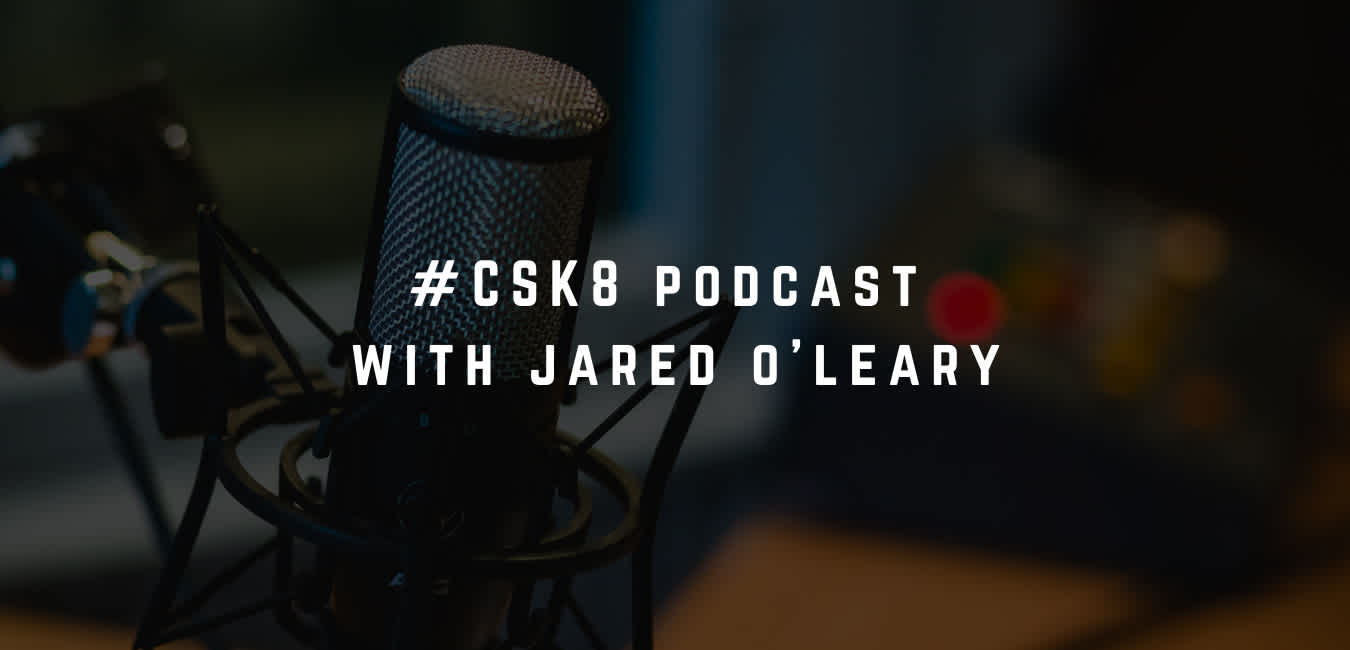#CSK8 Podcast

Computational Sophistication of Games Programmed by Children: A Model For its Measurement
In this episode I unpack Werner, Denner, Campe, and Torres’ (2020) article titled “Computational sophistication of games programmed by children: A model for its measurement,” which unpacks how the authors updated the game computational sophistical (GCS) model to account for computational learning evident within 39 games development by pairs of middle school children.

Advice for Novice and Expert CS Educators with Jackie Corricelli
In this interview with Jackie Corricelli, we discuss advice for novice and veteran CS educators, the potential for collaboration between industry and educators, designing for more inclusive CS education, volunteering for CS education organizations, and much more.

Emergency Remote Teaching: Challenges & Possible Solutions
In this episode I read and comment on Jackie Corricelli’s article titled “Emergency Remote Teaching: Challenges & Possible Solutions,” which provides suggestions for CS educators facing challenges with teaching in online environments. The original article can be found on CSTA’s website: https://csteachers.org/Stories/emergency-remote-teaching-challenges-possible-solutions

Accessible CS Education through Evidence-based Programming Languages with Andreas Stefik
In this interview with Andreas Stefik, we discuss the importance of using evidence-based programming languages, problems with the lack of replication in CS education scholarship and academia in general, the importance of designing for accessibility and disabilities, lessons learned designing Quorum (an accessible programming language and platform), and much more.

Computational Thinking for Youth in Practice
In this episode Jared unpacks Lee et al.’s (2011) publication titled “Computational thinking for youth in practice,” which provides examples of how middle and high school youth engage in computational thinking and introduces the “use-modify-create” framework (a three-stage progression through computational thinking).
